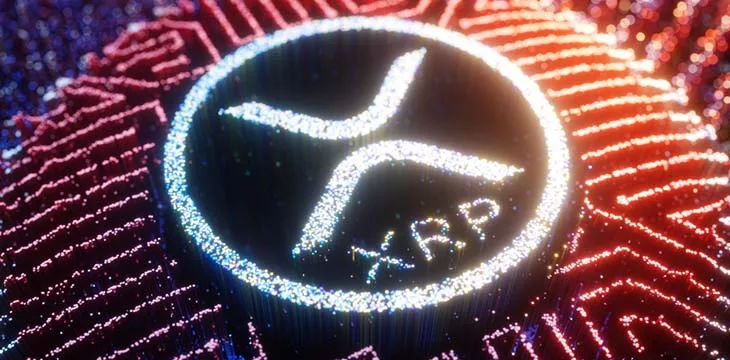|
Getting your Trinity Audio player ready...
|
This post originally appeared on ZeMing M. Gao’s website, and we republished with permission from the author. Read the full piece here.
What the judge in the Ripple (XRP) case said in the summary judgment is essentially the following:
(1) selling XRP tokens to institutional buyers constituted a sale of unregistered securities because the institutional buyers would have understood what Ripple was promising and doing,
(2) but selling XRP tokens to the public (the so-called programmatic sales) did not constitute a sale of unregistered securities because the public was too stupid to understand what Ripple was promising and doing.
To Judge Torres: Yes, the public may be too stupid to understand the deceptive schemes of XRP (and many other Cryptos for that matter), but they bought XRP precisely in response to what Ripple promised and promoted. The question of whether an asset is a security or not has nothing to do with whether the public had enough intelligence to understand the promise of an investment contract.
As a matter fact, the securities law presumes that the general public does not have the ability, nor an obligation, to see through deceptive investment contracts. That’s precisely why the whole thing is regulated. That’s also why selling of securities is generally restricted, permissible to accredited investors and institutional investors but not to the general public, unless the security is registered and publicly listed on an exchange.
In other words, you got it backward.
The purpose of the securities law is to protect investors by protecting the general investment ecosystem.
The ‘investors’ refers to investors in general, not just the investors of a certain project, especially not those investors who already made an investment to the project in the past.
A lawsuit initiated by the SEC is to enforce the securities law, not an advocate of grievances on behalf of a certain particular group of investors. It is the responsibility of the SEC as well as the court to enforce the securities law in general in order to protect the entire investment ecosystem. That’s why very often the SEC might seem to be even hurting the existing investors in a case in question.
For example, in every Ponzi scheme, enforcing the securities law hurts existing investors because they would be cut off from the new supply of greater fools. But it is always the right thing to do to stop a Ponzi scheme.
The same is true with a case of selling unregistered securities.
It is not the judge’s job nor position to protect the existing XRP investors. It is to enforce the securities law.
The judge in the Ripple (XRP) case may be compassionate, but has misplaced her compassion, and got the law exactly wrong.
At this point, I’m guessing the judge is either biased or has been a victim of some other more serious form of malfeasance.
Follow CoinGeek’s Crypto Crime Cartel series, which delves into the stream of groups—from BitMEX to Binance, Bitcoin.com, Blockstream, ShapeShift, Coinbase, Ripple, Ethereum, FTX and Tether—who have co-opted the digital asset revolution and turned the industry into a minefield for naïve (and even experienced) players in the market.

 02-16-2026
02-16-2026 




